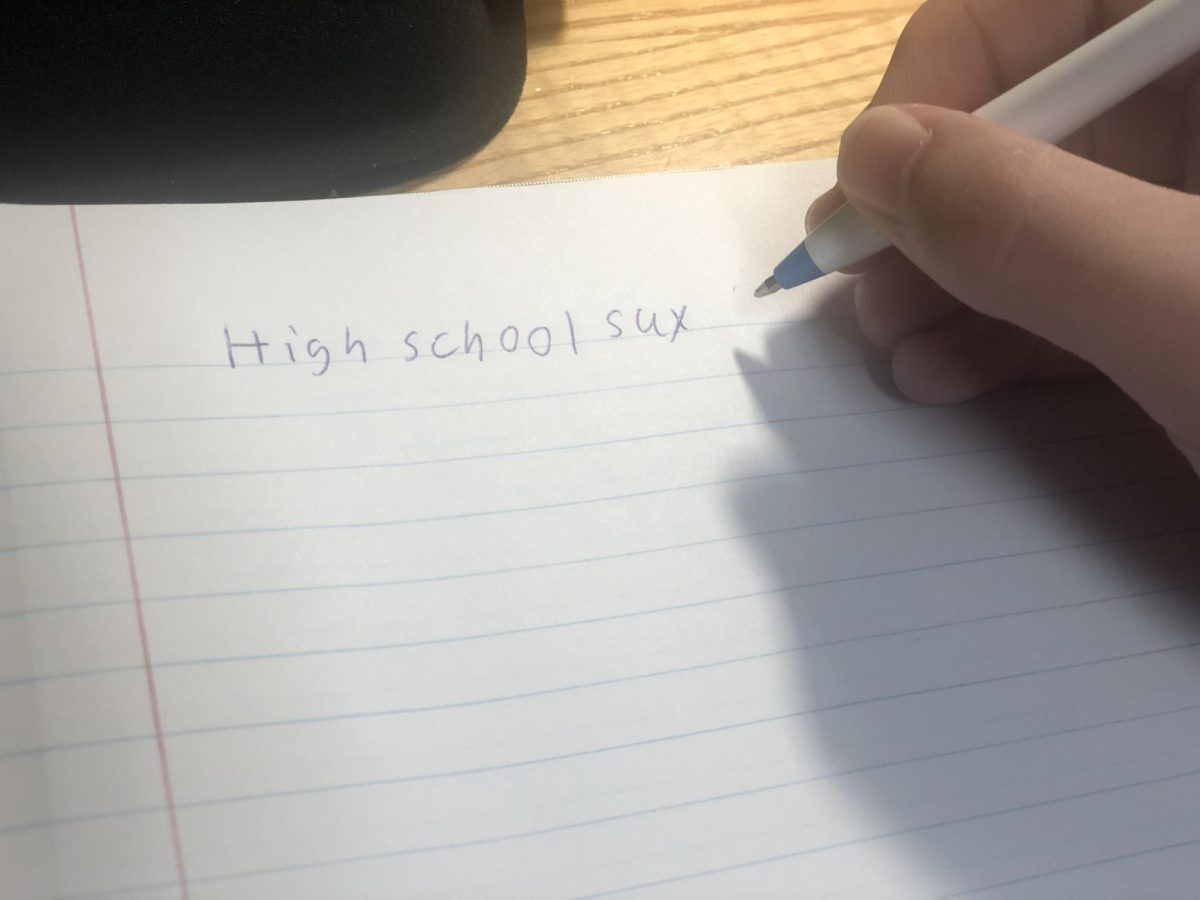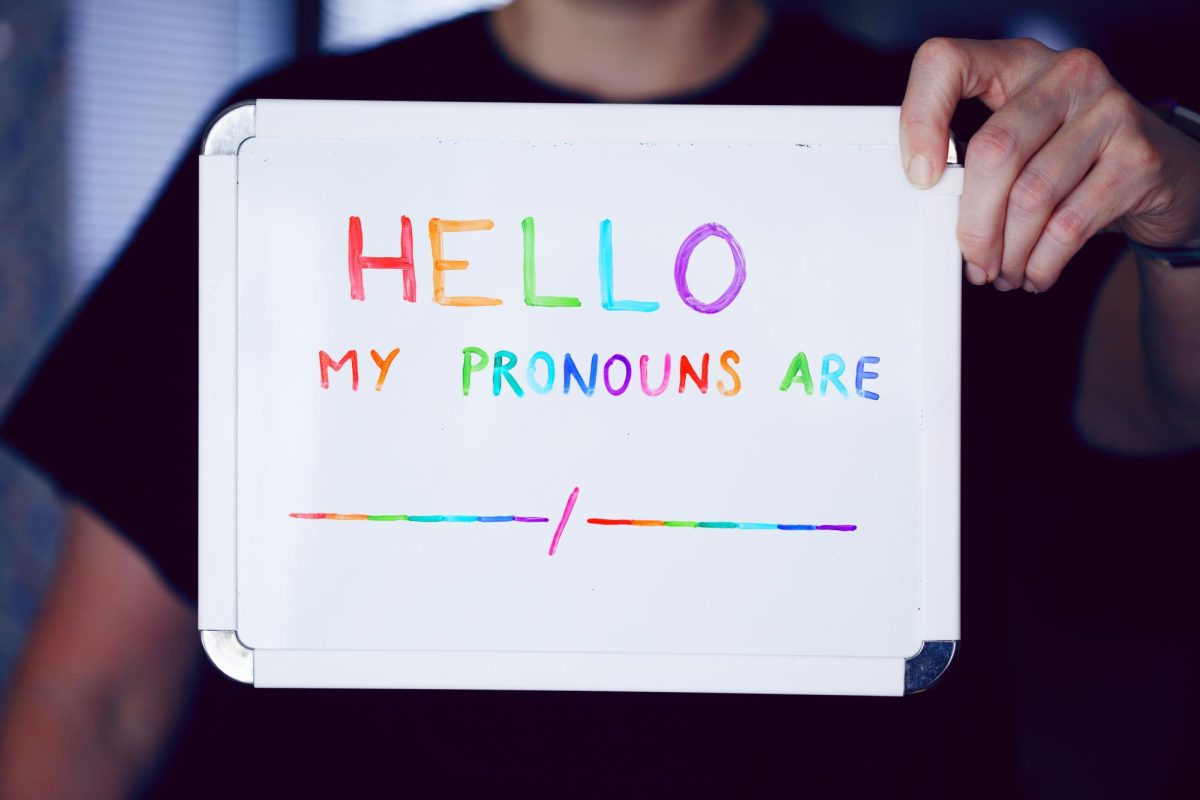As this first week of classes comes to a close, I don’t doubt many of the freshman students here at Moravian are still adjusting to the college setting, both in terms of the culture and the different nature of college classes when compared to high school. To help alleviate the stress of this transition, we have the First Year Writing program which is required in the first semester for every freshman. The thing is, these classes shouldn’t exist.
Now, I’m not saying that these classes aren’t useful because they are incredibly important for students of any major, regardless of if they go into STEM or the humanities. What I’m saying is that these classes shouldn’t have to exist because high schools should have actually prepared students for college writing.
Put simply, high schools do a terrible job of preparing students for college-level writing, especially for STEM students.
Even Advanced Placement classes, which are primarily supposed to prepare students for college, do not adequately prepare students for college-level writing.
The primary issue with writing in high school is that you’re not really communicating ideas to an audience; you are demonstrating knowledge. Sure, English and history classes will ask you to develop a thesis, but they typically don’t go beyond the surface level. Your entire school career, you are taught how to write essentially to pass standardized tests. To be frank, standardized tests do not and cannot accurately reflect what it is like to write in college or professional settings.
Beyond that, though, high school classes have painfully mundane and flawed writing expectations that make it difficult to have any nuance or creativity. Five-paragraph essays have become the bane of all college professors’ existences because of how much it waters down the writing process for people in high school. I get that it’s good for getting students to understand how to write an essay, but when they are in their junior and senior year of high school, they need to be able to craft an essay and thesis that aren’t beholden to this mythical five-paragraph essay.
When you reach college, you are expected to do more than just demonstrate knowledge. You have to be able to communicate ideas that go deeper than just a surface-level understanding. High schools prioritize having shorter, simpler answers to make it easier for grading, especially when teachers are juggling six different classes at once.
In Advanced Placement classes, for example, you are trained to answer document-based questions (DBQs), which are short paragraph answers. Comparatively, college requires you to write extensive research papers. Having such short answers makes it exceedingly difficult to truly delve into complex ideas. On top of that, you are also pressed for time with these questions, which means there is absolutely no way for students to think on a deeper level.
If you’re an English major, you know this especially well. In college, you hardly ever have to take any English “exams,” while in high school, you’ll get tested on every book you read with multiple choice questions and short answers. Again, this makes grading much easier and simpler for teachers, but it ultimately hurts students in the long run and keeps them from actively engaging with the material. You should not be coming to college thinking a two to three-page essay is long.
Don’t even get me started on how high school only teaches you MLA format and citations or how they never allow the use of personal pronouns.
They also don’t properly teach you to write in different genres. Every English or history paper you write in high school is structurally the same, while college has you writing in a variety of different forms that can leave a lot of students unprepared. This streamlining of the writing process fundamentally hurts students as writers and leaves them unprepared for the expectations of college-level writing.
Some of the stuff they teach you is just flat-out wrong, too. We’re bringing back our best buddy, the five-paragraph essay, because not only is this format creatively and intellectually limiting, but some of the given guidelines for these things just make students’ writing worse. It drives me up a wall when teachers say you need an opening hook with every single essay. These are not newspaper articles; you don’t need a hook to reel in an audience when your audience is only a single person who should know the material in and out.
Even worse is when teachers say that conclusions should summarize the essay. Let me say this: if you just summarize your essay in your conclusion, your essay is going to fall flat. Your entire essay should be building to a larger point that is expanded upon in the conclusion. The conclusion should be an evolution of everything you said throughout the essay to build to a wider point. It should not just be restating your thesis.
Because of how restrictive and simplified writing is in primary schools, students are often left unprepared for college or the real world. Like I said, the FYWS classes here are great but it’s sad that they are a necessity in the first place, especially for students who take courses that are supposedly designed to prepare students for college and created by an organization called the College Board.














